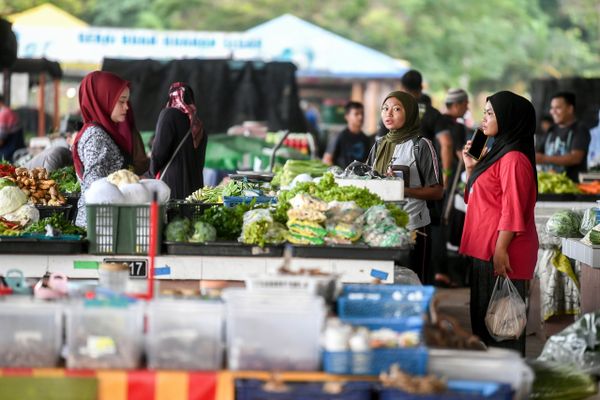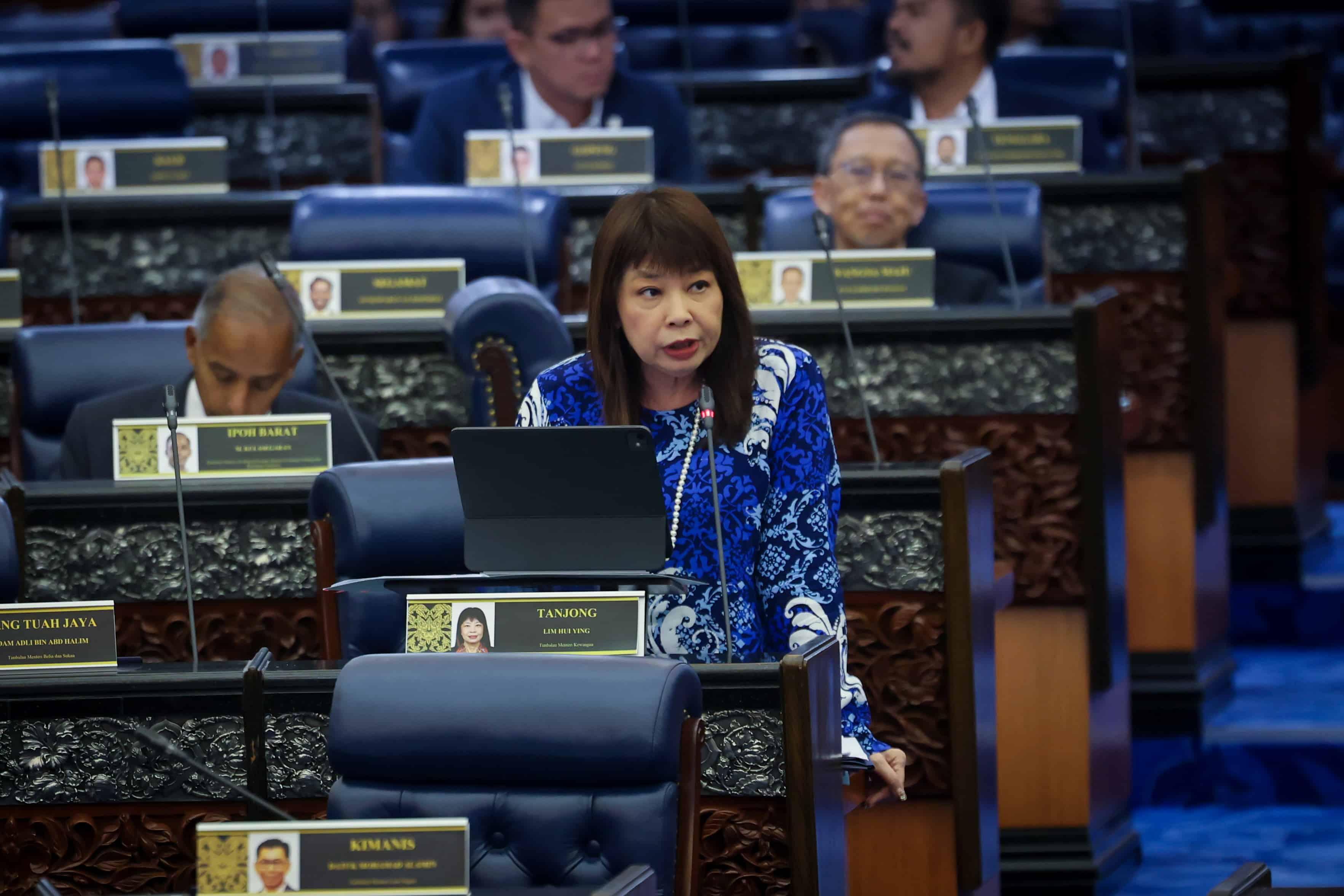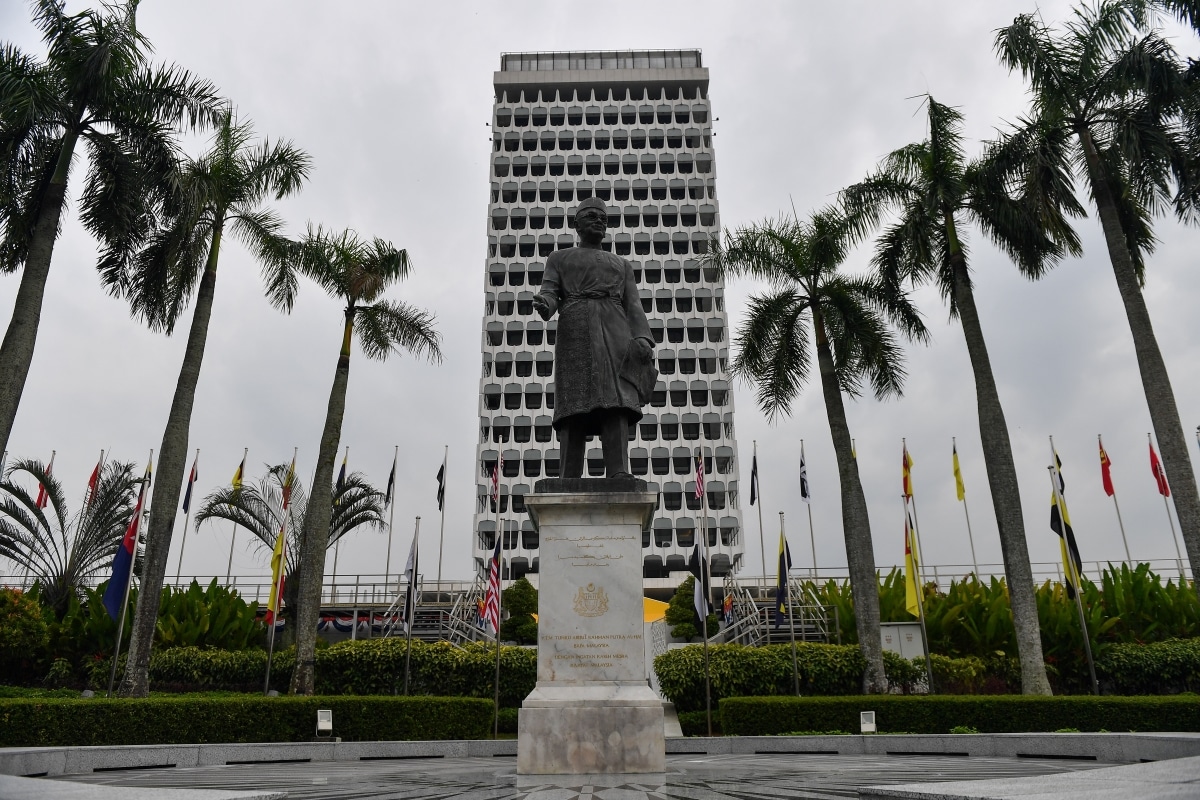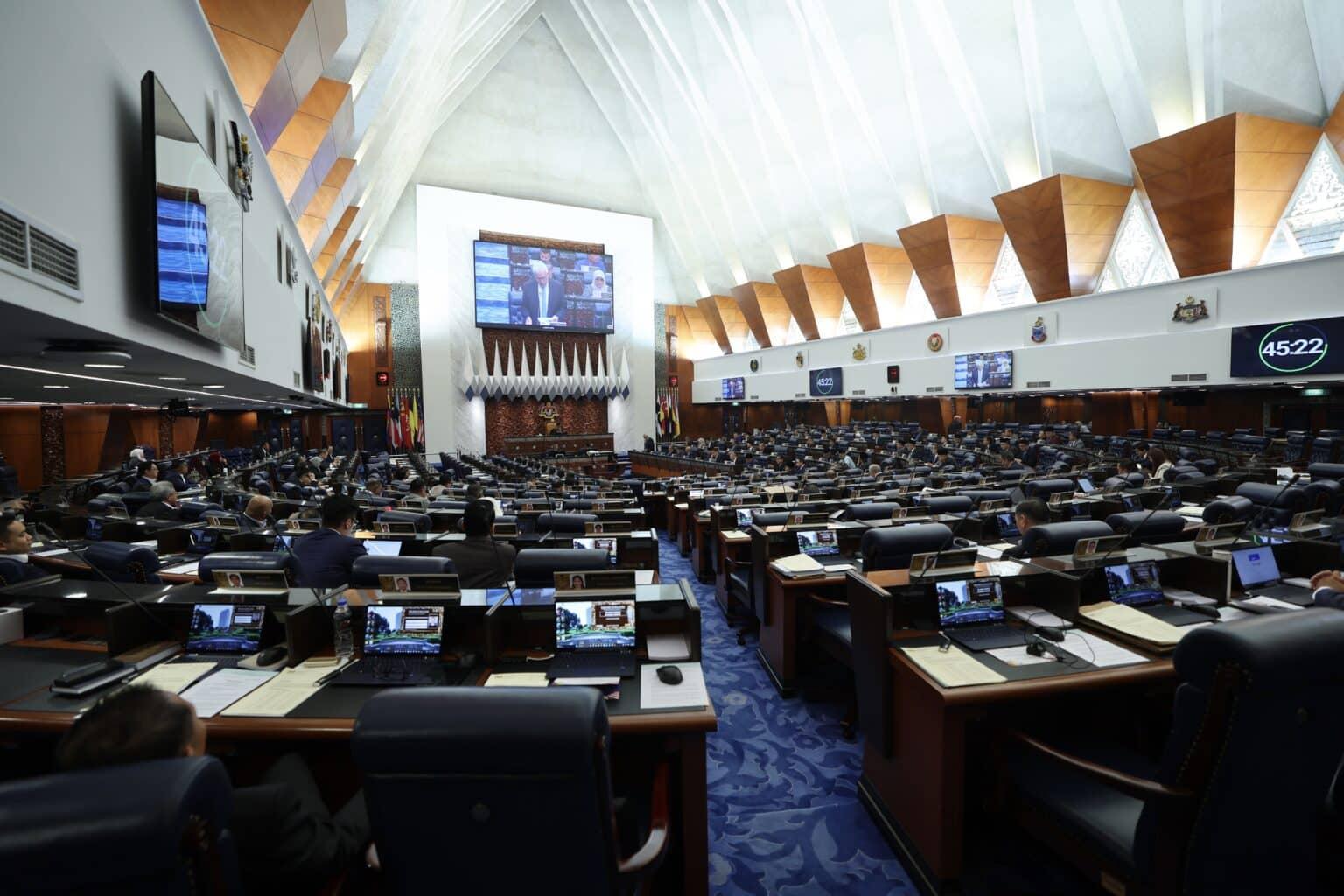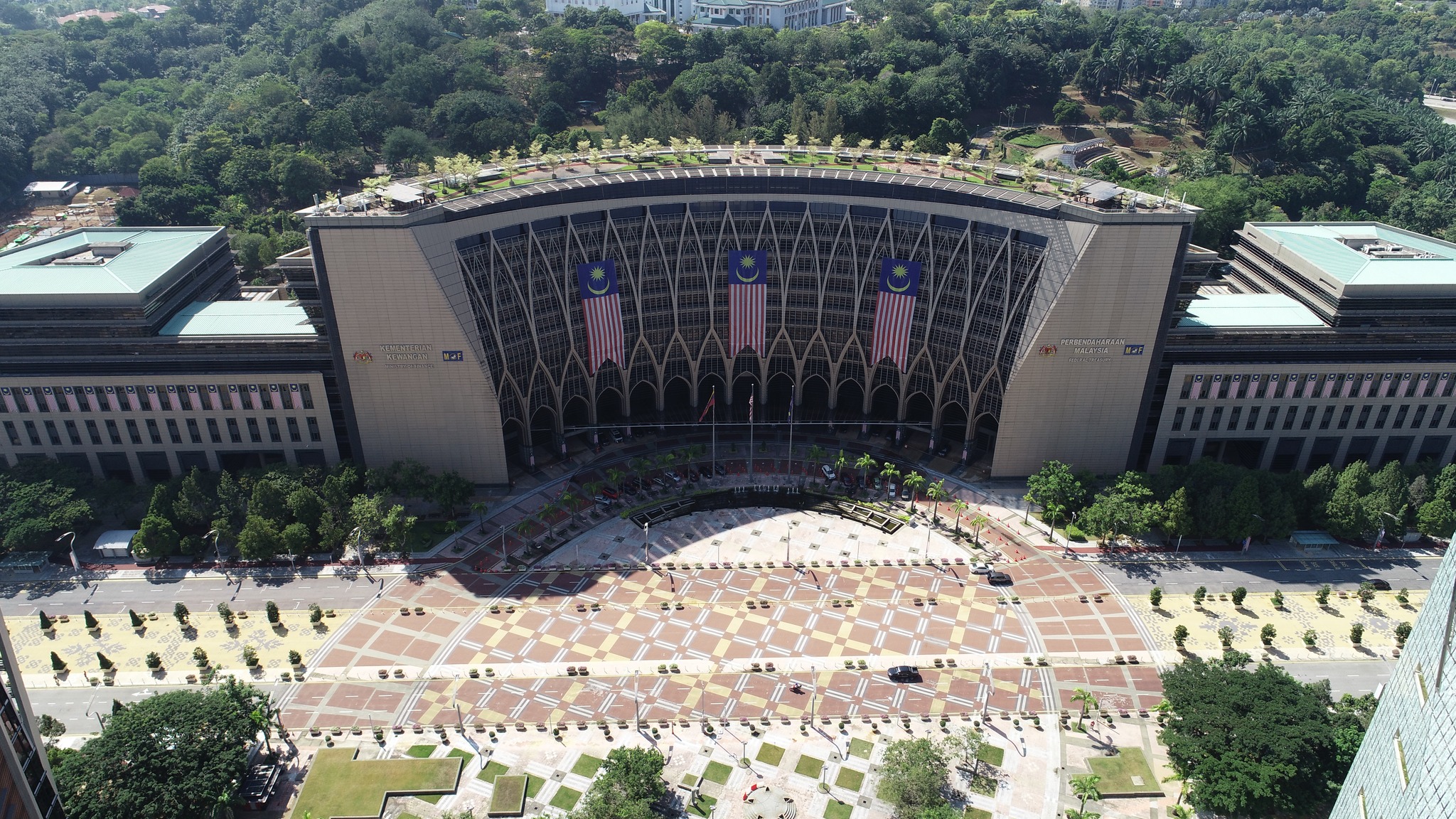KUALA LUMPUR, Nov 6 — The government has no plans to introduce a ring-fencing policy to set a protected minimum allocation for rural welfare and infrastructure programmes like roads, clinics, and hospitals, said Deputy Finance Minister Lim Hui Ying.
Such allocations were not specifically fixed as the government adopted a need-based approach, guided by current priorities, including the level of basic facilities and the socio-economic needs of each area.
“This approach allows national resources to be distributed more equitably and in a manner that is responsive to the actual needs of the people nationwide,” she said during the question-and-answer session in the Dewan Rakyat today.
Lim was responding to Sik MP Ahmad Tarmizi Sulaiman's supplementary query on the government’s readiness to implement a ring-fencing policy for rural welfare and infrastructure programmes to ensure deficit reduction efforts do not widen the urban-rural development gap.
She added that her ministry and related agencies are continuously guided to ensure rural projects and programmes, including clean water supply, farm roads, health facilities, and cost-of-living aid for fishermen and farmers, remain prioritised within Malaysia's fiscal capacity.
This approach reflected the government’s commitment to maintaining fiscal discipline and inclusive development, ensuring that no region or group is left behind in the country’s progress.
Lim noted that the government remains confident of achieving a fiscal deficit target of 3.8 per cent in 2025 through ongoing fiscal reform initiatives, including the Medium-Term Revenue Strategy (MTRS) to strengthen revenue collection and a review of public expenditure to ensure efficiency and effectiveness.
To optimise public spending, it is implementing targeted subsidies for diesel and RON95 petrol, rationalising statutory bodies, and conducting a comprehensive review of expenditure across all ministries and agencies.
“This enables the government to manage finances more efficiently through resource reallocation within the Budget framework.
“It also involves careful consideration between introducing new high-impact programmes and phasing out existing ones that may no longer be relevant or effective, ensuring every allocation provides optimum value and aligns with national development priorities,” she said in response to Bangi MP Syahredzan Johan's supplementary query.
He had asked about the government’s measures to achieve the 3.8 per cent fiscal deficit target in 2025 without affecting public welfare and socio-economic spending.
Lim said that fiscal policy objectives would remain supportive and responsive, ensuring sufficient fiscal support to safeguard public well-being and advance economic reforms without derailing the fiscal consolidation path.


